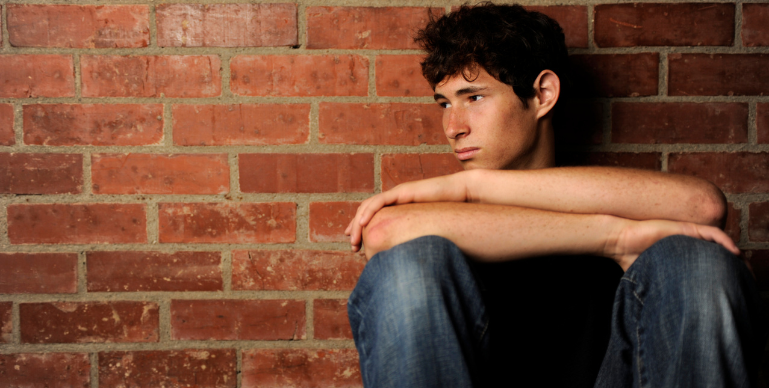Blog






Bullying in adolescents and children is a challenging problem that is associated with several negative physical and mental health difficulties. These include increased report of ailments like headaches and stomach aches, as well as report of worse general health and increased pain later on. Mental health effects can include developing anxiety, including social anxiety related to meeting new people, speaking in front of others or making friends, as well as low self-esteem and depression. Kids who are bullied feel ashamed, humiliated and often their self-worth is affected.

– Physical
– Verbal
– Social
– Cyber/Online
– Sexual
– Prejudicial
– 71% of teens in Canada reported experiencing bullying in the last year
– Bullying in youths is associated with several negative health consequences both mental and physical
– About 74% of Transgender youth and 53% Lesbian Gay and Bisexual youth reported being verbal harassed by their peers
– Online bullying was experienced by 31% of youths, yet only 20% of cyberbullying incidents are reported to the police
– CBT has been found to be an effective treatment for helping youths and children who have been bullied, showing improvements in anxiety, depression and self-esteem

It can impact their future relationships as well as their performance in school. This infographic highlights some of the key issues and statistics related to teen bullying in Canada. It is important to know that these statistics are just estimates as bullying in youths is often unreported. If you or someone you know is being bullied, please reach out for help. No one deserves to be bullied and there are resources to help. These resources can range from immediate telephone support (e.g., Kids Help Phone), online information, support groups, school supports or getting counseling for kids who have been bullied. Parent and family support for those whose kids have been bullied can also be helpful.
